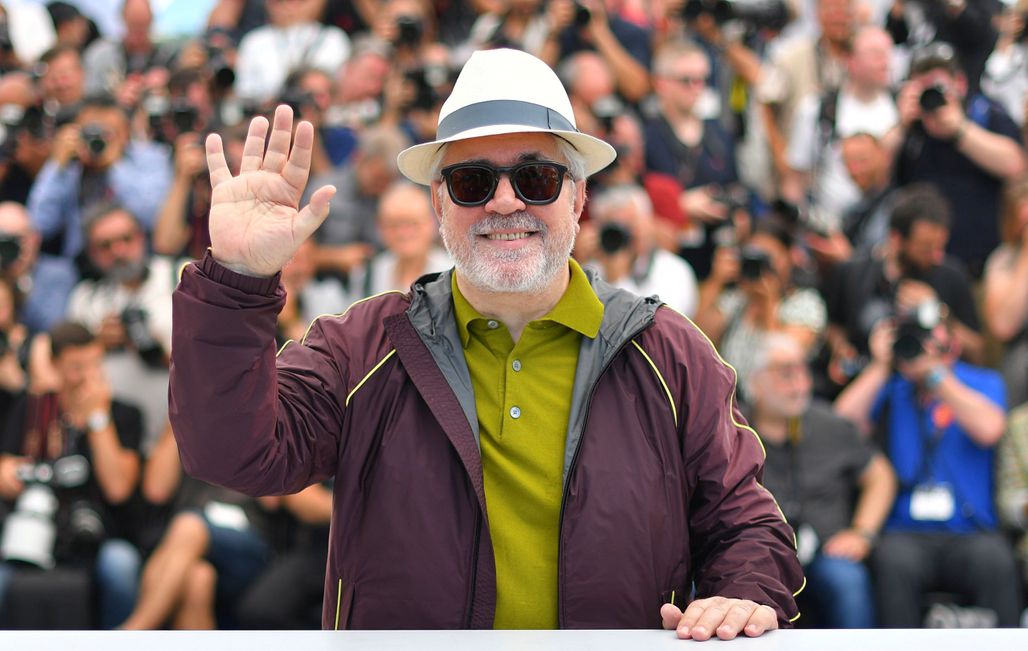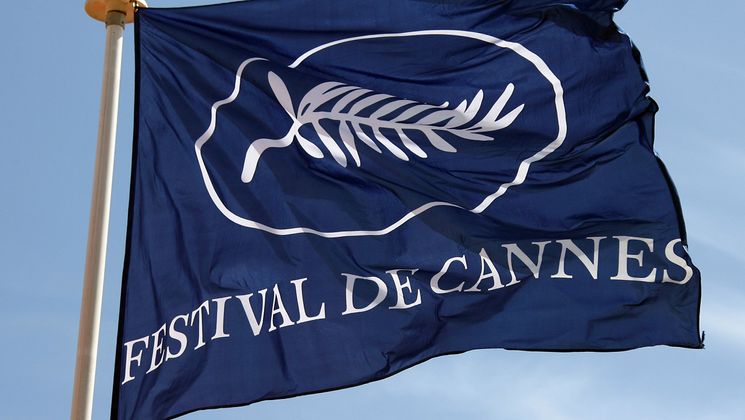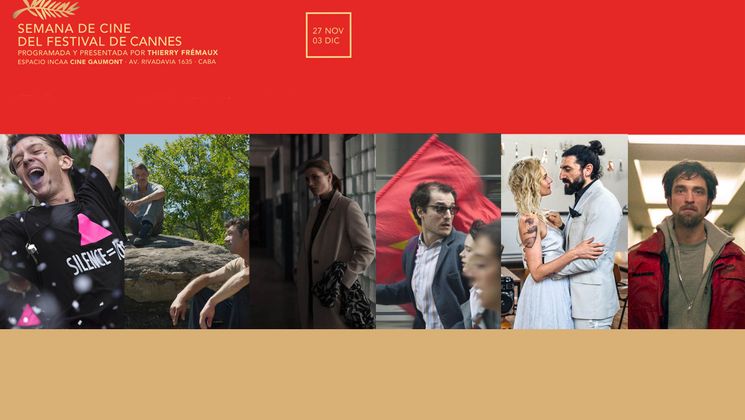
Interview with Pedro Almodóvar, President of the Feature Film Jury

After All About My Mother, (Best Director in 1999), Bad Education en 2004, Volver, (Best Screenplay in 2006), Broken Embraces in 2009, The Skin I Live In in 2011, and Julieta, the sixth of his films in Competition in 2016, Pedro Almodóvar follows in the footsteps of George Miller and Jane Campion as President of the Feature Film Jury for the 70th anniversary. An interview with the immense Spanish director, a painter of free women and a poet of colour.
How important is the role of President of the Feature Film Jury for you? How did you prepare yourself?
It's a huge honour. Cannes celebrates arthouse films, which are extremely important for me, both as a spectator and a filmmaker. I go to the cinema at least twice a week, more for pleasure than to judge the films on show. Here, I'm going to have to judge them, and of course I'll be subjective, because the best thing I can do is speak up for those films I like. But I'll also be very flexible and open to the opinions of the eight Jury members. I want them to try to persuade me if I don't see things the same way as them. We all share the responsibility for picking the winners!
As for preparation, I tried to sleep well these last two weeks and I've had quite a lot of work to do: getting my suits fitted and making sure I don't put on weight so I can get into them at Cannes!
‘I’m not an easy spectator. This year for example, I loved Neruda and Jackie de Pablo Larraín, as well as La La land, which are in theory complete opposites. And my favourite film last year was Toni Erdmann.’
How do you look back on your experience as a member of the Feature Film Jury in 1992 under the presidency of Gérard Depardieu?
I remember the people. The friendship of Serge Toubiana and our conversations about Truffaut. And our discussions with the great cinematographer Carlo di Palma about Antonioni, a director of crucial importance in my opinion. My friend Jamie Lee Curtis was a laugh. And above all, I remember Gérard Depardieu – a free spirit, highly entertaining, and a completely anti-authoritarian president.
And what about the prize-giving ceremonies for All About My Mother in 1999 and Volver in 2006?
For All About My Mother, I remember kissing the stage out of sheer gratitude. It was a spontaneous gesture but also an imitation, as I'd seen Pope John Paul II do the same thing. It wasn't that I was particularly fond of the Pope, but I loved the immediacy of the gesture: getting to your knees and kissing the ground in a place that opens its arms to you.
My emotions around Volver were quite different. I saw my five actresses on stage together and I had to struggle the whole time to hold back the tears. I think some journalists saw that as a sign of disappointment that I hadn't won the Palme d’or, but that was totally wrong. Seeing them up there on stage was without a doubt the most moving memory I have of the Festival.
You are famous, amongst other things, for having created a clan of ‘Chicas Almodóvar’ or 'Almodóvar Girls'. Who would be the Chicas Almodóvar (and the Antonio Banderas!) in an international cast?
Just off the top of my head, two people come to mind. Lena Dunham and Amy Schumer were born to work with me! I also love Valéria Bruni Tedeschi and Catherine Deneuve, the way she is now – which would be a better fit with my films. Jessica Lange and Susan Sarandon would also be great, as I've just watched the series Feud and I know them both.
And then there's Bette Davis and Joan Crawford who were two of my favourite actresses, not to mention Kristin Scott Thomas, Juliette Binoche, Isabelle Huppert… Other obvious choices would be Valérie Lemercier. Jessica Chastain and Kate Blanchett playing forty-something women. And I've also thought, now that I sadly no longer have Chus Lampreave to play the grandmothers, that Marthe Villalonga (does she speak Spanish?) would be perfect!
They're all daring actresses, women who play their parts without preconceived notions, and I think I'd get on well with them.
Apart from them, an actor who physically reminds me very much of Antonio Banderas (as he was in the 80s. for Tie me up! Tie me down! and Law of Desire), even in the way he walks, is Tahar Rahim. And his crazy and passionate British version would be Jack O’Connell because he has the same intense gaze and hunger as Antonio. Tom Hardy would bring a brutal edge, passion and truth. Oscar Isaac and Pedro Pascal too. Besides Antonio, Guillaume Gallienne would be perfect in the role of a director or writer. And I'd also mention Gaspar Ulliel, Louis Garrel, Vincent Cassel, and Pierre de Ladonchamps. If I had to choose a brother for Rossy de Palma, it would be Pierre Niney. And Benedict Cumberbatch would play the director in Bad Education.
But if I'd lived in a different era, my Chicos Almodóvar would have certainly included Alain Delon, Jean-Paul Belmondo and Michel Piccoli.
What character in your films would the 2017 Pedro Almodóvar play?
I'm inside all of my characters but I'd still choose one: Penelope Cruz's son, later adopted by Cecilia Roth, in All About My Mother. He contracted AIDS at birth, but then recovered from the virus, and scientists researched his case to find a vaccine. The baby, who was born in 1999, would now be 17, and Penelope Cruz would be his biological mother (he'd have her big mouth). His other mother would be Cecilia Roth, while his transvestite father would be like an aunt. And he'd have two other aunts: Marisa Paredes and her latest lover. He'd be a lucky man to be surrounded by so many different women, strong characters and full of fun. So I'd choose to be the baby who appears in the arms of Cecilia Roth in All About My Mother.
I'll finish with the same question put to Rossy de Palma two years ago: Mr Almodóvar, is the Movida over?
No! The spirit of the Movida lives on in young people but it can't be like the 1980s any more. At that time, we were celebrating the era of democracy. The Movida was the result of the disappearance of our fear – it was a new thing for our country and it was an explosion of every kind of liberty. The 80s were totally different from the times we're living in, but the free and creative spirit is alive and kicking. And Madrid is still the same city, even if it's adopted a more European timetable. The Madrid I love – the Madrid of the Movida – is still there. In Las Cibeles, in the centre, right now there's an immense poster with the words 'Refugees Welcome'. It's a city that's open to foreigners and the nights are always extremely lively!


